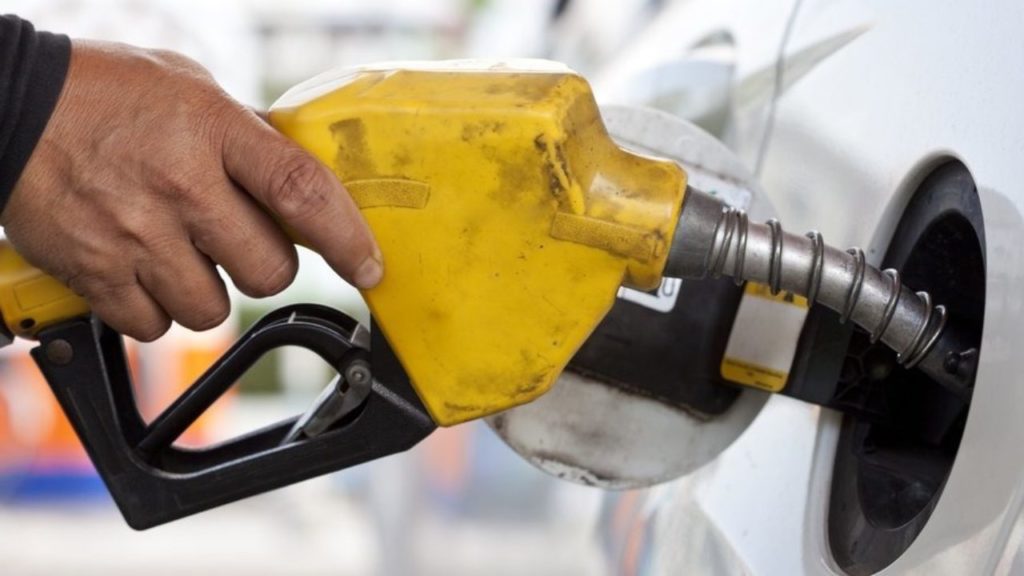
SBI posits the govt could easily maintain petrol prices at Rs 75/litre throughout the country but lack of political willpower is preventing that from happening. If brought under the ambit of GST petrol prices could be lowered.
Currently Indian oil prices are amongst the highest in the world.
Similarly diesel prices could be brought down to Rs 68/l at the cost of a slight revenue cut of Rs 1 lakh cr i.e. 0.4% of GDP. The calculation was made keeping oil prices at $60/barrel and dollar exchange rate of Rs 73 a dollar.
If GST is integrated with petrol and diesel subheads the prices could be tweaked under the indirect taxes framework.
Reasons The Govt Has Cold Feet
SBI explains that given that sales tax or VAT on oil products is a major source of govt revenue the centre may be hesitant to include petrol products under GST regime.
What makes Indian prices one of the highest in the world is that each state levies taxes according to its individual revenue needs. Considerations of global crude oil price, transportation costs, dealer commissions and centre-imposed excise duty make its way into the final calculation of petroleum products prices.
Rajasthan and MP consist of some areas that have already reached the Rs 100-mark for a litre of petrol. These states have some of the highest VAT rates on fuel in india.
The SBI Economic Research Department Recommended Oil Products Tax Structure
The following assumptions go into the calculation-
- Crude price at $60/bbl
- Rupee dollar exchange rate at ?73
- Transportation changes of ?7.25 for diesel and ?3.82 for petrol
- Dealer commission of ?2.53 for diesel and ?3.67 for petrol
- Cess of ?30 for petrol and ?20 for diesel, with equal division between States and Centre ( ?15 for states and Centre each for petrol and likewise for diesel at ?10) and finally
- GST rate at 28% (Centre: 14%, State: 14%)
- FY22 Petrol consumption growth rate : 10% y-o-y, Diesel Consumption growth rate : 15% y-o-y
Predictions Based On This Simulation
In the baseline scenario adding $1 to global crude prices will jack up petrol prices by 50 paise and diesel by Rs 1.50 while lowering overall deviation by approx Rs 1500 crore .
States with largest chunk of tax revenues stand to lose the most if GST finally takes oil products under its wing but consumers benefit by paying Rs 30 less per litre.
If global oil price rose by $ 10 a barrel and the govt made no move to change Indian prices it stands to save Rs 9000 crore. By contrast if prices declined by $10 a barrel the govt saves a whole lot more at approx Rs 18,000 crore, double the savings in the former scenario.
What Should The Centre Do?
Ultimately SBI suggests the govt maintain an fuel price stabilisation fund to be used in pandemic-like economically dire times. Funds saved in otherwise healthier times could be used to build up this emergency fund.
As for LPG-owning financially struggling consumers SBI analysts suggest an increased and graded subsidy to span 5 years.
The post SBI: Petrol Price Can Reduce To Rs 75, Diesel To Rs 68 If Govt Makes This Decision first appeared on Trak.in . Trak.in Mobile Apps: Android | iOS.
from Trak.in – Indian Business of Tech, Mobile & Startups https://ift.tt/3uYVtRZ
Subscribe by Email
Follow Updates Articles from This Blog via Email

No Comments